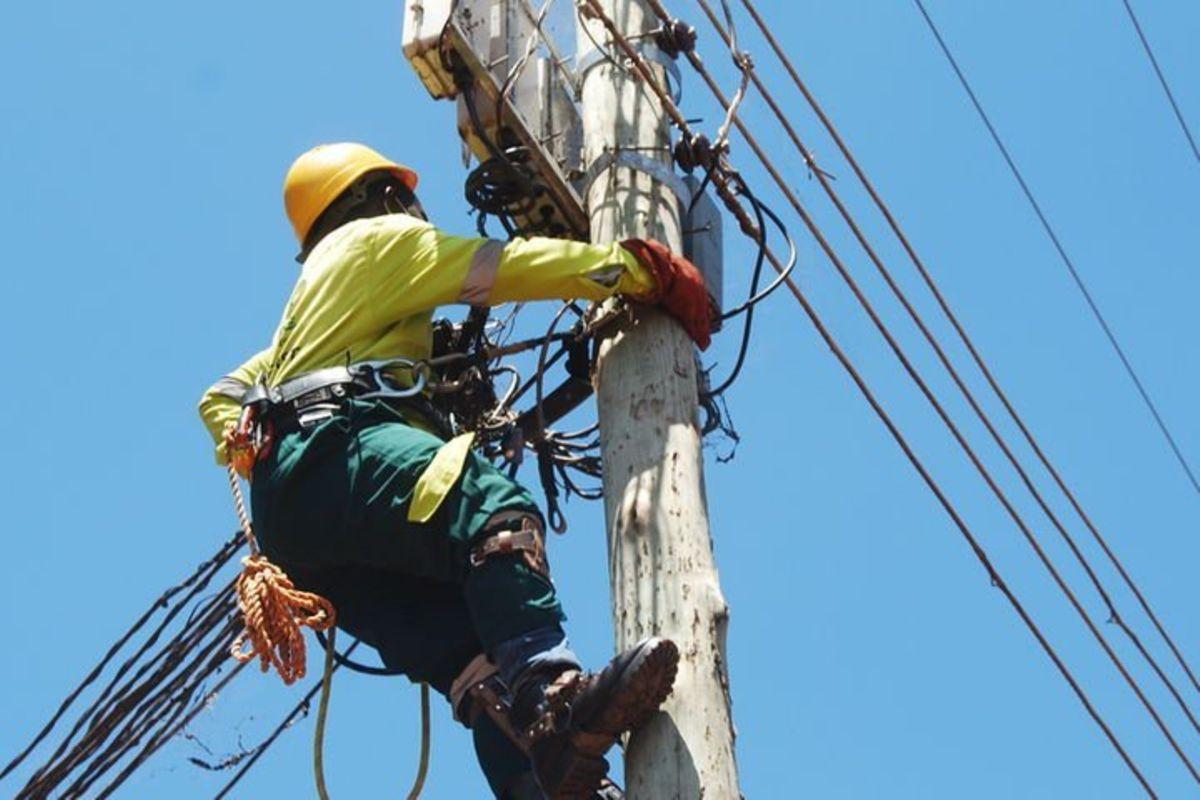Africa-Press – Uganda. The Electricity Regulatory Authority (ERA), together with the Directorate of Industrial Training (DIT) have embarked on training and certifying 3,000 electricians by 2025, saying it’s the only way they can reduce quack electricians in the sector.
ERA is a statutory body established in 2000 in accordance with the Electricity Act 1999, Chapter 145 of the laws of Uganda to regulate the generation, transmission, and distribution, sale, export and import of electrical energy in Uganda.
The aim
Speaking to the media during the signing of a memorandum of understanding (MoU) in Kampala yesterday, ERA chief executive officer Ziria Tibalwa Waako said the main aim of the collaboration is to increase the number of certified electricians in Uganda, and to promote efficiency and develop skills for electricians in the electricity supply value chain.
“We expect that this partnership will support the government’s agenda of accelerating access to electricity through growth of the number of certified electricians of permit classes D and C from 1,300 to 3,000 by 2025,”Ms Waako said.
She revealed that the journey to increase the number of certified electricians started in July 2021 when ERA and DIT formally started to collaborate, through engagements to stablish mutual cooperation and partnership between the parties in order to increase the number of certified electricians in Uganda.
“This MoU aims at ensuring all electricians eligible for permits are provided with information on applications and its necessary requirements by conducting interviews for all applicants and issue certified permits,” she said.
She added: “We started with tapping vocational institutions with demonstration cubicals to support us to practically expose and provide materials for practical skills because what the public requires is not only qualified technicians with certificates but with practical experience.”
Ms Waako said both parties have systematically formalised the process of graduating the technicians from DIT and taking them through practical exposure and certifying them to be able to pass out competent efficient professional.
“We think through this MoU, graduates of DIT will be sensitised to quickly get the requirements to apply to ERA to be certified and we are committed to feed into the curriculum at DIT because we are close to the market and private users of electricians and suppliers so the products are relevant to the industry,” she said.
The acting director of DIT, Mr Patrick Byakatonda, said in line with the BTVET Act 2008 section 14 and 21, DIT has been assessing and certifying domestic electricians in Level I and II and industrial electricians at Level III but the number is still very low.
“With support from Private Sector Foundation Uganda, DIT has recognised competences of 814 electrician quacks, who later have been licensed by ERA and this shows that we need to bring more on board so that we reduce the effects which results from improper installation of electricity,” he said.
He added that ERA is set to start certifying assessors and verifiers.
“In this partnership, electricity assessors must have both DIT and ERA certifications and a permit. That’s why we have signed this MoU with the aim to have more qualified and certified electricians in the sector,” he said.
Electrician levels
A Class C electrician can install power in hotels and schools because by nature, hotels and schools are storeyed buildings and have several rooms that require three phase.
A Class D electrician can wire a bungalow with five rooms.
Section 88 of the ERA Act provides that no person shall install any electrical wiring of extension to existing wiring on any premises without first obtaining an installation permit issued by ERA.
For More News And Analysis About Uganda Follow Africa-Press






